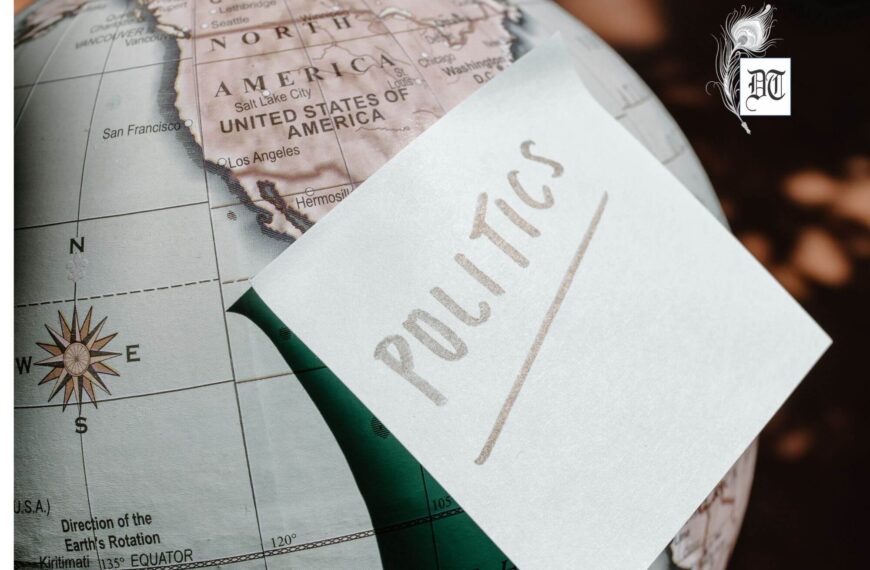Vishnu Sahai Commission has ignored many hard facts and let off powerful offenders off the hook, states a AIKMS press release.
Vishnu Sahai Commission has chosen to ignore so many known hard facts on Muzaffarnagar anti-Muslim riots that its motivated intensions glare in the face of even a common man. It has given justice and legal enquiry a bad name and has lent itself to partisan conclusions. It is an insult to peoples’ faith in the justice delivery system of the country. This was informed by the UP state secretary, All India Kisan Mazdoor Sangh (AIKMS), Ashish Mital, vide a press release.
In particular the Sahai Commission has chosen to:
1. Absolve the RSS led BJP Jat leaders whose names came up in engineering and leading the attacks, including BJP Bijnor Sadar MLA, Bharatendu Singh, Swami Omvesh, BJP MLA Sangeet Som, Sanjiv Baliyan, Suresh Rana, BJP’s Hukum Singh, Naresh Tikait and Rakesh Tikait.
2. Absolve the large number of administrative officers who permitted local communal assembly and the Khap Panchayats including the Mahapanchayat at Nangla Mandaur village on September 7, in various places from August end to October 2012 even though each led to an attack on minorities; absolve the district administration for failing to act with alacrity and a fair sense of judgment in the immediate aftermath of the incidence of alleged “eve teasing” and related murders in Kawal village and for permitted communal mobilizations continuously including the mass exodus later from Kakada village.
3. Absolve the police officials and thanas involved in the scores of incidents where police refused to attend to information of attacks and permitted killing of and looting of properties of Muslims; failure of police to track down and arrest known accused in the 540 FIRs lodged, the innumerable allegations of “declared rates” of bribe to weaken the cases and accusations on the police of pressurizing complainants to withdraw their complaints.
4. Absolve senior officials, then ADGP Crime and DGP who camped in Nangla Mandaur to supervise the initial disturbance and under whose supervision the attacks of Sept 8 and 9 took place.
5. The SP government’s political leadership which refused to quell the communal fire for 3 months and tighten the officials till the entire violence spread over all over villages in Muzaffarnagar, Shamli and Baghpat.
6. The connivance of the SP administration with middlemen, Jamiat-Ulema e Hind of Deoband and some other NGOs who were entrusted with the task of giving compensation of Rs 5 lacs only after securing affidavits from the victims that they will not go back to their “original village and home under any circumstances”, that money will be used to rehabilitate “at appropriate place elsewhere” and that the family “will not demand compensation relating to any damage to any immovable property in my village or elsewhere”.
7. The failure of the SP government to look after the 51,000 victims living in extreme cold without proper shelter and food in the 11 rehabilitation camps and their attempts to get the camps forcefully vacated by using bull dozers.
8. The anti Muslim riots that took place in Faizabad, Pratapgarh, Kosi Kalan, Barielly, Ghaziabad under present government of Samajwadi Party.
9. The extreme crises of farming in West UP, reducing prices of sugarcane along with rising input costs which has left the large Jat peasantry and others restive and easy prey to communal mobilization.
10. The sectional domination of police force in West UP (27% Muslim population) which has only 3% Muslims and which may have led to communal role of police ignoring attacks on Muslims in the area.
11. Absolve the Senior BJP leader Rajnath Singh who had attended a village Panchayats in Qutba village 6 months before the incident in which communal speeches were made.
It is well documented that Qutba village reported the single largest number of Muslim killings, eight and they took place despite a picket of PAC posted there. The policemen were having tea in the Pradhan’s house when mobs started rampaging Muslim households. The three Muslim men who rushed to seek their help were locked up in the Pradhan’s house, the release added.
In Mohammadpur Raisingh village three Muslim youth from the neighboring Hussainpur village were abducted from the fields and killed even as a picket of the state police was posted in the village. When Hussainpur villagers repeatedly rang the SHO of Bhaura Kalan police station he refused to attend.
Vishnu Sahai Commission has on the other hand, very callously, sought to lay the entire blame on on SP and one intelligence officer and has played into the hands of forces within the political parties and administrative set up who play a pivotal role in allowing such communal attacks and disturbance of peace, stated the press release.



 By
By
 By
By
